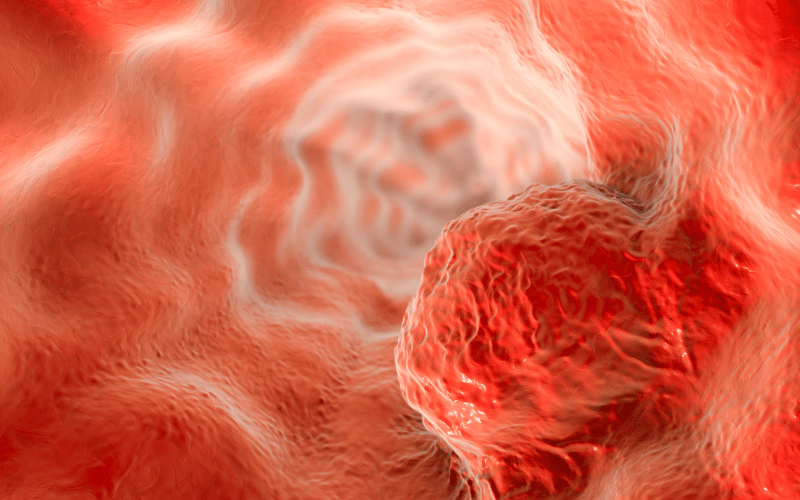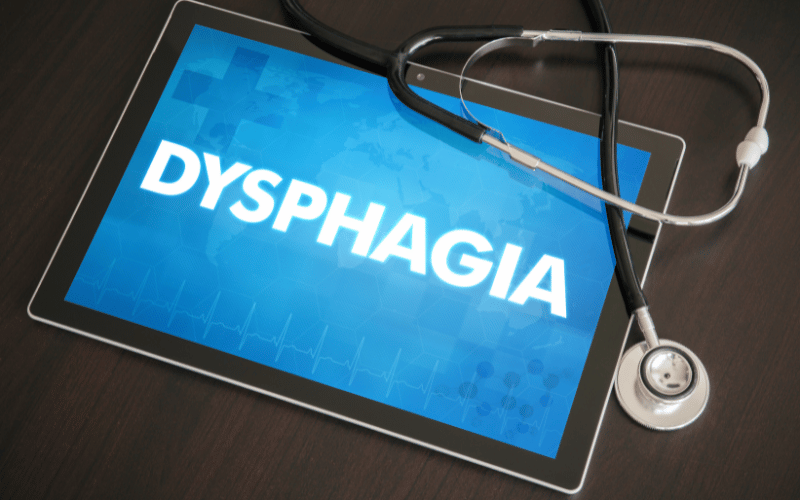Introduction

Esophageal Motility Disorder (EMD) is one of those medical conditions that, unless you or someone you know suffers from it, you might never have heard of. However, its obscurity doesn’t make it any less impactful for those it affects. Picture this: the esophagus, the muscular tube connecting the mouth to the stomach, has a primary function of propelling food and liquid from the mouth to the stomach. Sounds simple enough, right? But for some individuals, this process doesn’t function as seamlessly as it should, leading to a host of discomforts and signs that something’s amiss.
It’s easy to take for granted the process of eating and drinking. For most of us, it’s an automatic, often enjoyable part of our day. But imagine every meal being a potential battle, where you’re uncertain if you’ll experience pain, discomfort, or even a choking sensation. This is the reality for many with EMD, a condition characterized by the malfunctioning of the esophagus’s muscles and nerves.
EMD can be elusive, often hiding behind symptoms that many might brush off as something less severe. Think about it: how often have you had a bout of heartburn or felt like something was “stuck” after swallowing, and brushed it off as a minor, passing ailment? Probably more times than you can count. Yet, for those with EMD, these symptoms can be consistent, persistent, and significantly disruptive.
Furthermore, this disorder can often be mistaken for other conditions, leading to misdiagnoses and ineffective treatments. For those struggling with these symptoms, pinpointing EMD as the culprit can be a lengthy journey, underscored by numerous doctor visits, tests, and a rollercoaster of emotions.
Symptom 1: Difficulty Swallowing (Dysphagia)

Dysphagia isn’t just the scientific term for difficulty swallowing; it’s a daily reality for many who suffer from EMD. This symptom goes beyond the occasional sensation of food getting “stuck.” Instead, it’s a persistent and often distressing feeling that can turn every mealtime into a daunting task. Imagine having to constantly worry if you’ll be able to swallow your food or drink properly. For many, this symptom turns basic sustenance into an ordeal.
Furthermore, dysphagia can influence food choices, making individuals gravitate towards softer or liquid-based meals. This isn’t merely about preference but rather an adaptive strategy to avoid the discomfort and potential pain of swallowing harder or larger food items. The emotional and psychological toll of this can be profound. The simple act of eating, which many of us take for granted, becomes an obstacle course, fraught with potential challenges.
Moreover, social situations involving food, like dinner parties or restaurant outings, can become sources of anxiety. The fear of experiencing dysphagia in front of others might deter individuals from these events altogether. It’s more than a physical symptom; it impacts social life and mental well-being. (1)